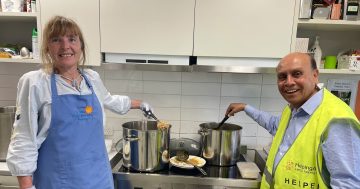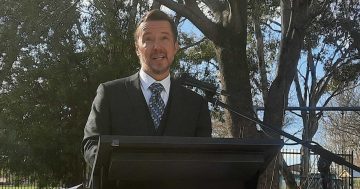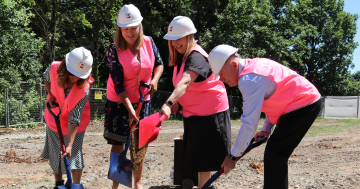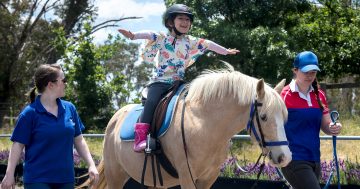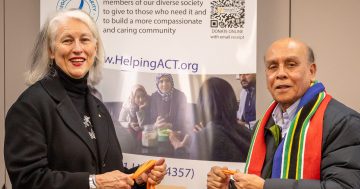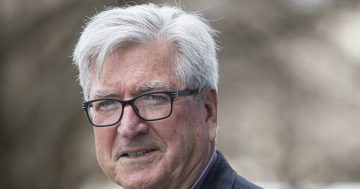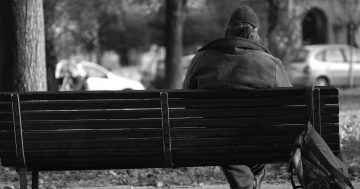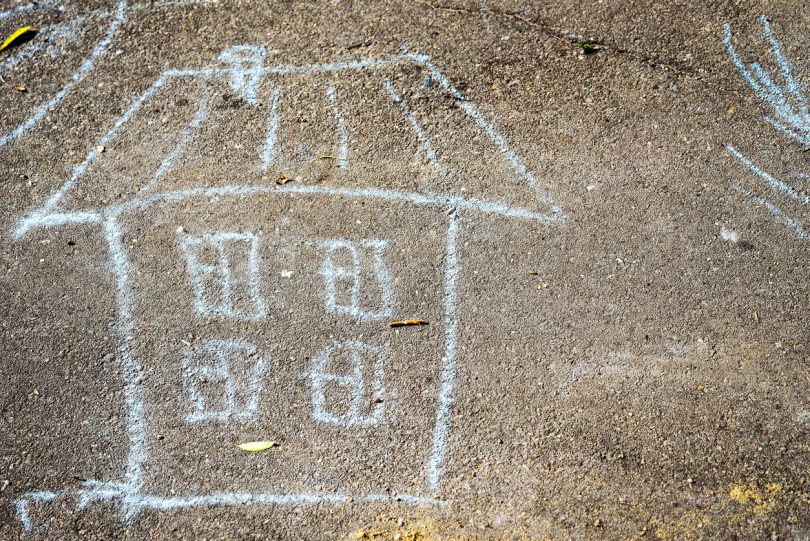
Poverty in Canberra: reflecting on our vulnerable communities and how we can help.
A couple of years ago, a newly appointed public servant was giving an interview to a business magazine. ‘Everybody is happy’, he said. Then he went on ‘in Canberra in particular, everybody is deliriously happy and comfortable.’
I thought of this interview when my team last cooked a barbecue for residents of the Early Morning Centre on Northbourne Avenue, which provides meals, health care and social support to city residents who are homeless or at risk of homelessness. Looking in the eyes of the men and women at the centre, I saw a lot of resilience, but can’t say that everyone appeared deliriously happy.
The two toughest things about poverty in Canberra are icy winters and high housing costs. Not long ago, I met a woman who told me that she wore two beanies in her home, because she couldn’t afford to turn the heating up. Another constituent who came to my office told me about her struggle to pay rising rents on a fixed income.
A recent ACTCOSS report documented the extent of poverty and disadvantage in our city. Overall, 11 percent of Canberrans are living in low-income households. That’s a smaller share than in other Australian cities, but it still amounts to nearly 40,000 people.
As the report notes, disadvantage in Canberra is less clustered than in other parts of the country. We’re less likely to have whole suburbs that are poor, with poverty clustered in smaller pockets. This is partly due to the way in which Canberra’s planners took a salt-and-pepper approach to distributing public housing. It’s good for social mixing, but it also makes disadvantage easier to overlook.
What’s the best way of tackling these challenges? The good news is that Canberrans are relatively well-educated, with only one in twenty having left school before year 10. But as automation hits the labour market, we’ll need to do more to raise the skills of the community. That means ensuring all schools have the resources they need to employ and support first-rate teachers, raising the quality of vocational training, and providing university places to match the rising demand.
On the social side, Australia has the most targeted social safety net in the world. This means that when we cut back on social spending, the impact on poverty can be dire. While the ACT Government offers pensioners a utilities concession of up to $600 per household, the Federal Government is trying to cut the Energy Supplement, which could cost couple pensioners over $500 a year. Rather than worrying about providing tax cuts to multinationals, I’d prefer if the Turnbull Government put those resources into helping Canberra’s 24,000 pensioners keep the heat on.
On the personal front, there are lots of ways to help. Local food banks providing low-cost groceries are always looking for volunteers. Volunteers from ‘Canberra Refugee Support’ help asylum seekers settle in our community. ‘Prisoners Aid’ assists those coming out of jail transition back into the community. ‘Menslink’ runs mentoring programs for young men. If you have clean clothing – particularly business attire – just drop it into the collection bin in my office so that it can go to someone who needs it. If you can afford to donate, consider giving to one of the many inspiring philanthropic bodies, such as Hands Across Canberra.
There’s no question that Canberra is a great city. Recently rated the third most attractive tourist destination in the world by Lonely Planet, we’re a seriously cool little capital. In New Acton, Braddon and Kingston, you’ve got some of the best eating and drinking in the nation. Thanks to the Barr Government, stage one of light rail will soon be running from Gungahlin to the city, fulfilling another part of the Burley Griffin Plan. For bush runners or urban cyclists, there are a plethora of ways to stay healthy. Our university campuses are more diverse and liveable than ever before.
But all this success shouldn’t lead us to forget those who are doing it tough in our community. A great city doesn’t airbrush out its most vulnerable – it reaches out to give them a helping hand.
What are your thoughts or experiences on poverty in Canberra? Let us know by commenting below.
Andrew Leigh is the Federal Member for Fenner, and his website is www.andrewleigh.com. To find out more about volunteering in Canberra, go to www.volunteeringact.org.au.












